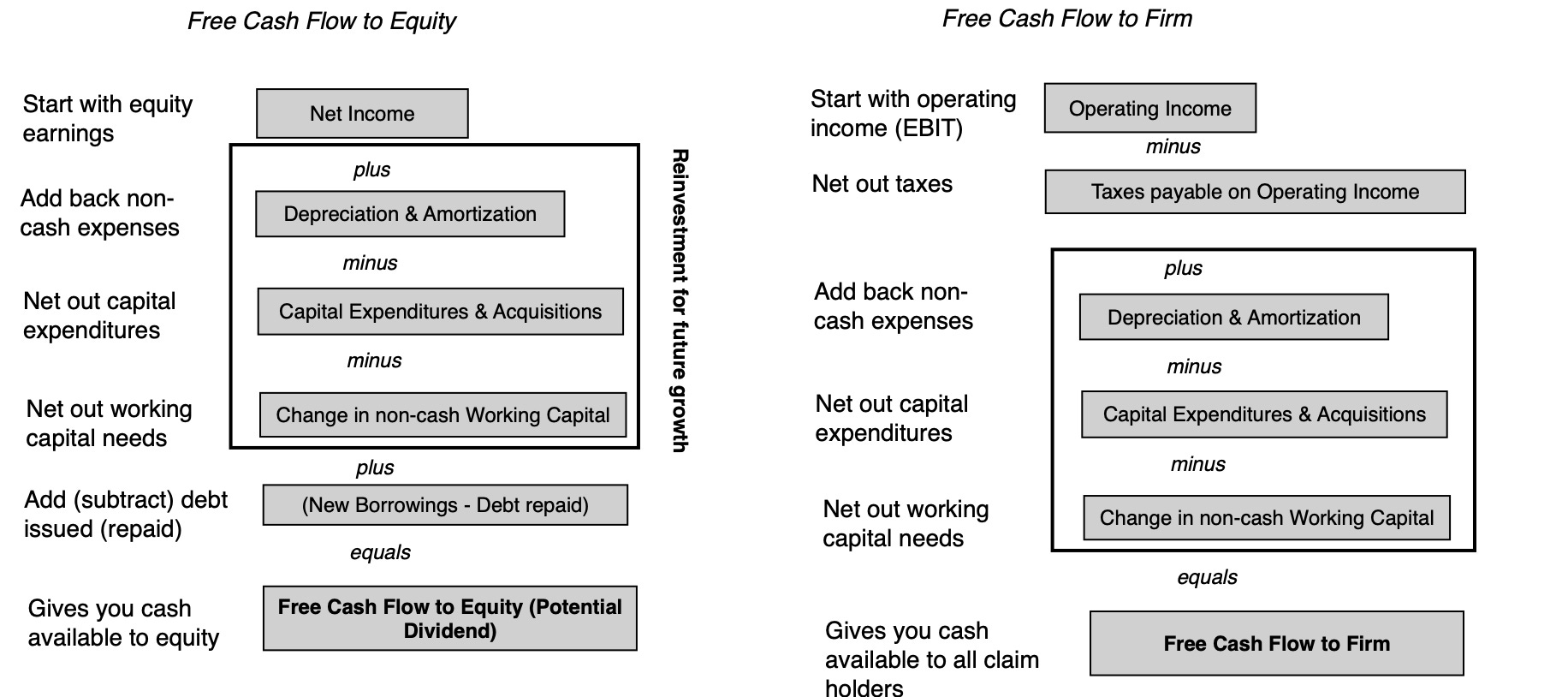

Finance
Direct Tax Definition, History, And Examples
Published: November 12, 2023
Learn the definition, history, and examples of direct tax in finance. Understand how direct taxes are levied and their significance in revenue generation.
(Many of the links in this article redirect to a specific reviewed product. Your purchase of these products through affiliate links helps to generate commission for LiveWell, at no extra cost. Learn more)
Direct Tax: Definition, History, and Examples
Welcome to our Finance category blog post, where we delve into the world of Direct Tax, its definition, history, and examples. If you’ve ever wondered about the origins of direct taxation or want to learn more about its various forms, you’ve come to the right place! In this blog post, we’ll explore the fundamentals of direct tax and its significance in the world of finance.
Key Takeaways:
- Direct taxes are imposed directly on individuals or entities based on their income, wealth, or property.
- They play a significant role in financing government activities, public services, and infrastructure development.
What is Direct Tax?
Direct taxes, as the name implies, are taxes that are levied directly on individuals or entities. These taxes are based on factors such as an individual’s income, wealth, or property. Unlike indirect taxes, which are imposed on goods and services, direct taxes impact the taxpayer directly. They are an integral part of the overall taxation system that governments around the world use to fund public services, infrastructure development, and the functioning of the state.
A Brief History of Direct Taxation
Direct taxation has existed for centuries and has evolved dramatically over time. Ancient civilizations, such as Ancient Egypt and Rome, implemented basic forms of direct taxation to finance their activities. However, it was during medieval times that direct taxation began to take shape in a more organized manner.
In European countries, the concept of direct taxation gained prominence during the 18th and 19th centuries. It was during this period that income taxes became prevalent in several countries, including the United Kingdom, to fund the Napoleonic Wars. The United States introduced its first federal income tax in 1861 to finance the Civil War. Over the years, direct taxation has become an essential part of the modern taxation systems used by governments worldwide.
Examples of Direct Taxes
Direct taxes encompass a variety of taxes imposed directly on individuals or entities. Here are some of the most common examples:
- Income Tax: This tax is levied on an individual’s income, including salaries, wages, and business profits.
- Property Tax: Property taxes are imposed on the value of a property, such as land, buildings, or homes owned by individuals or entities.
- Wealth Tax: Wealth taxes are applied to an individual’s net worth, including their assets and investments.
- Capital Gains Tax: Capital gains tax is imposed on the profits earned from the sale of assets, such as stocks, real estate, or bonds.
- Inheritance Tax: Inheritance tax is levied on the transfer of wealth or assets from one individual to another after death.
These examples illustrate the diverse range of direct taxes that governments use to generate revenue and fund various public services and projects.
Conclusion
Direct taxes, with their long history and variety of types, contribute significantly to government revenues and infrastructure development. They directly impact individuals and entities, making them an essential aspect of finance in modern societies. Understanding the fundamentals of direct taxation is crucial for individuals and businesses alike, enabling them to navigate the intricacies of tax compliance and financial planning effectively.
We hope this blog post has shed some light on the definition, history, and examples of direct taxes. By gaining a deeper understanding of this topic, individuals can make informed financial decisions and appreciate the role direct taxes play in financing the society we live in.














